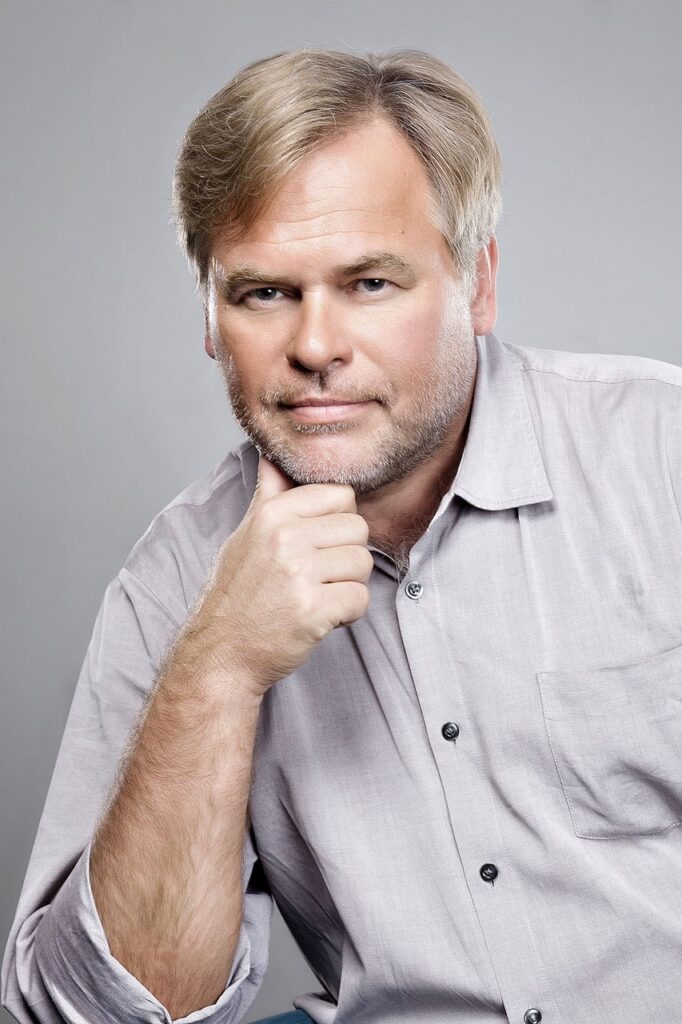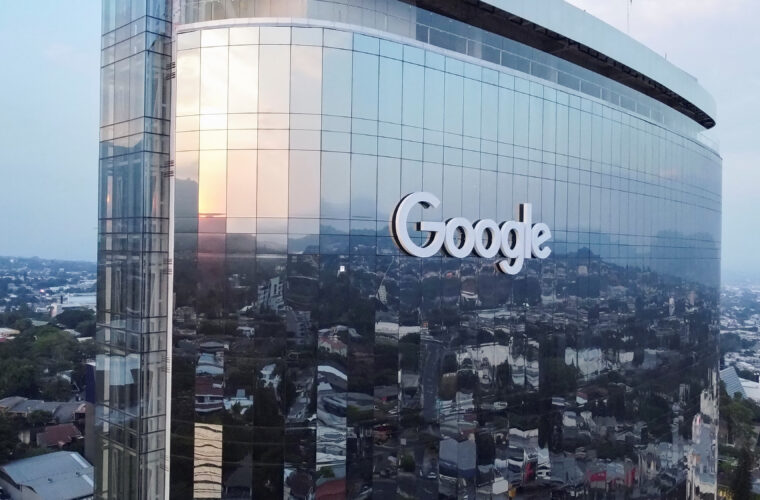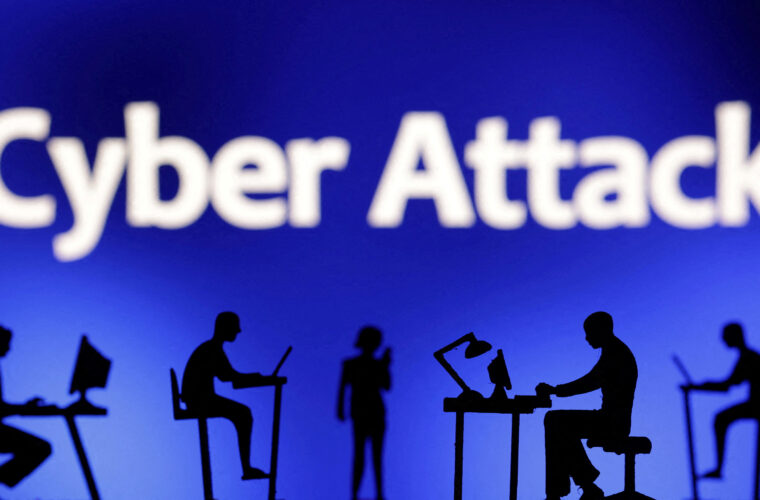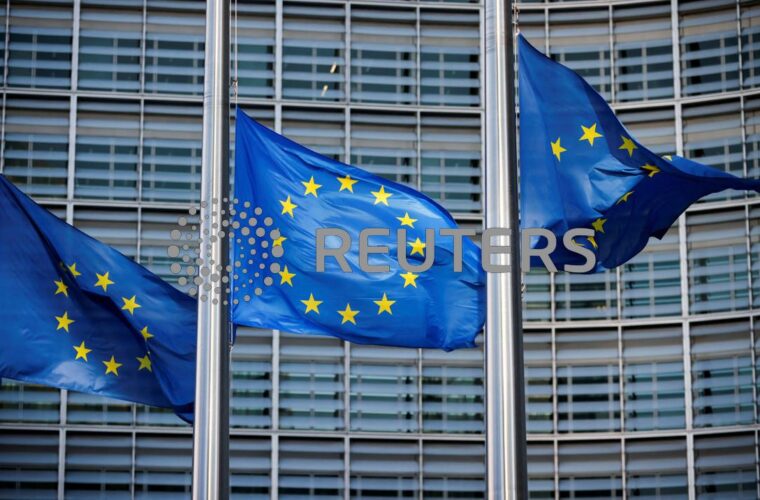In the modern world, cybersecurity is about more than just protecting devices, but developing an ecosystem where everything connected through technology is immune to cyber threats. That’s why Kaspersky Lab has moved beyond the anti-virus laboratory to provide cybersecurity technology that people can trust, with a focus has evolved towards the wider concept of “cyber-immunity”. Kaspersky Lab has 400 million users protected, and 240,000 corporate clients. It is a global company, with a global vision and a focus on international markets. Operating n 200 countries and territories with 34 offices in more than 30 countries, its team consists of more than 4,000 highly-qualified specialists with the mission to build a “safer world”. Kaspersky Lab ranks fourth in the global ranking of antivirus vendors by revenue. It was the first Russian company to be included in the ranking of the world’s leading software companies, called Software Top 100. It was founded in 1997 by Eugene Kaspersky (current CEO), Natalya Kaspersky, and Alexey De-Monderik. The Lab develops and sells antivirus, internet security, password management, endpoint security, and other cybersecurity products and services.

New technologies, new threats
The rapid proliferation of new technologies offers people new opportunities. However, the resulting increasing reliance on IT makes cybersecurity not only the responsibility of IT specialists, but also a major concern for business leaders in all industries. As the world has become more digitised and globalised, Kaspersky has become a technology leader with an advanced, comprehensive portfolio of security solutions and services, including innovative products and technologies, cloud services and world-leading threat intelligence. Its business focus continues to evolve from ‘cybersecurity’ to the broader concept of ‘cyber-immunity’. More than a third of the highly skilled specialists working at Kaspersky are research and development (R&D) specialists who develop and maintain all of our solutions in-house, which is key to providing a holistic approach to security. An elite group of more than 40 security experts, part of Global Research and Analysis Team (GReAT), operates worldwide and provides leading threat intelligence and research.
The team is known for uncovering and dissecting some of the world’s most sophisticated threats, including cyber espionage and cyber sabotage threats. The Kaspersky Innovation Hub is a central element of the company strategy, with a core mission of discovering new frontiers and identifying new trends by understanding market needs, challenges and security requirements. It promotes knowledge sharing and disruptive thinking, while providing a stable infrastructure to develop internal ideas or advanced external projects into business, validate them in the market, improve them, conduct pilots for the ultimate goal of adding significant value to the customers. With the launch of the Kaspersky Open Innovations Program, the company want to drive the innovative startups into making the digital world a better place.

People have the power
Kaspersky continuously works with globally recognised organisations to independently review its internal processes. In July 2019, the company successfully completed the Service Organisation Control (SOC 2) Type 1 audit undertaken by one of the biggest accounting firms. It confirmed that the development and release of Kaspersky’s threat detection rule databases (AV databases) are protected from unauthorised changes by strong security controls. In February 2020, Kaspersky achieved ISO/IEC 27001:2013 certification, the international standard that outlines best practices for information security management systems. Issued by TÜV AUSTRIA, the certification confirms that the company’s data security systems, including the Kaspersky Security Network, meet industry best practices. Kaspersky also runs the Secur’IT Cup, a global competition open to students from all over the world and from all academic backgrounds. Participants have the chance to win $10,000, as well as benefit from competing with like-minded students and build an understanding of what it’s like to work in the industry. They are invited to suggest their own project ideas that will help solve global cybersecurity problems.
Again, Kaspersky has created an online community, “Women in Cybersecurity”, to help enhance the professional development of women entering the cybersecurity industry and those already working in the field. They have also launched a digital project “Empower Women” with the aim of building further bridges between its community of women and men at all levels of the company through knowledge sharing. In 2020, during the challenging epidemiological situation, Kaspersky has supported healthcare institutions by offering free licenses for its core endpoint security products to hospitals and clinics worldwide, to protect their computers and cloud infrastructures. Overall, 350,000 licenses have been provided for doctors and healthcare personnel in 2,300 healthcare organizations across 46 countries. In addition to protecting medical organizations from cyberthreats, Kaspersky has supported and contributed to several international and regional initiatives this year. This includes donating masks to a hospital in Wuhan, supplying the elderly and those in need with masks and other protective equipment in the United States, and supporting the manufacturing of special protector pillows for ICUs in Russia. One year ago, Kaspersky also launched a global fundraising campaign among its employees to help charities all over the world. When the fundraising campaign came to an end, Kaspersky doubled all the funds raised and donated it to the International Committee of the Red Cross.



